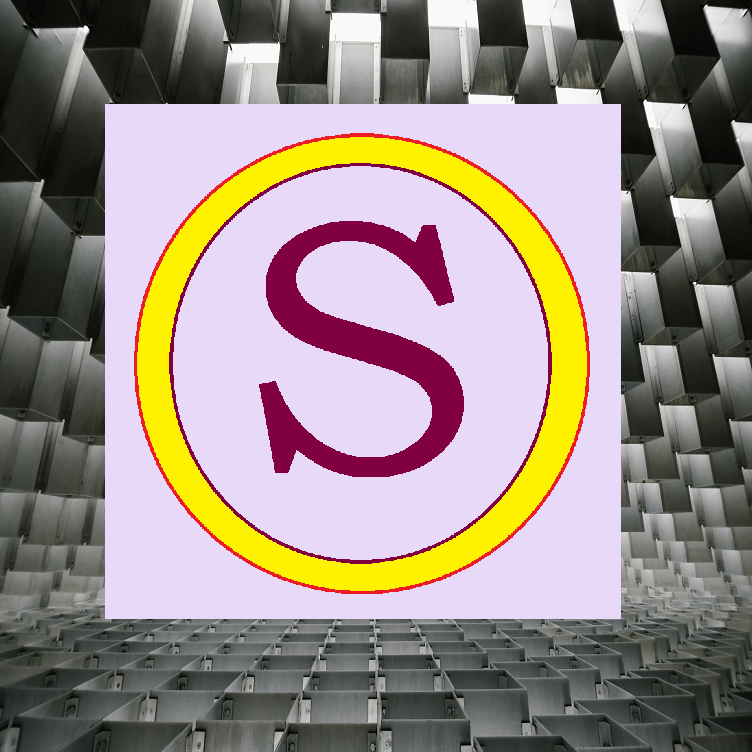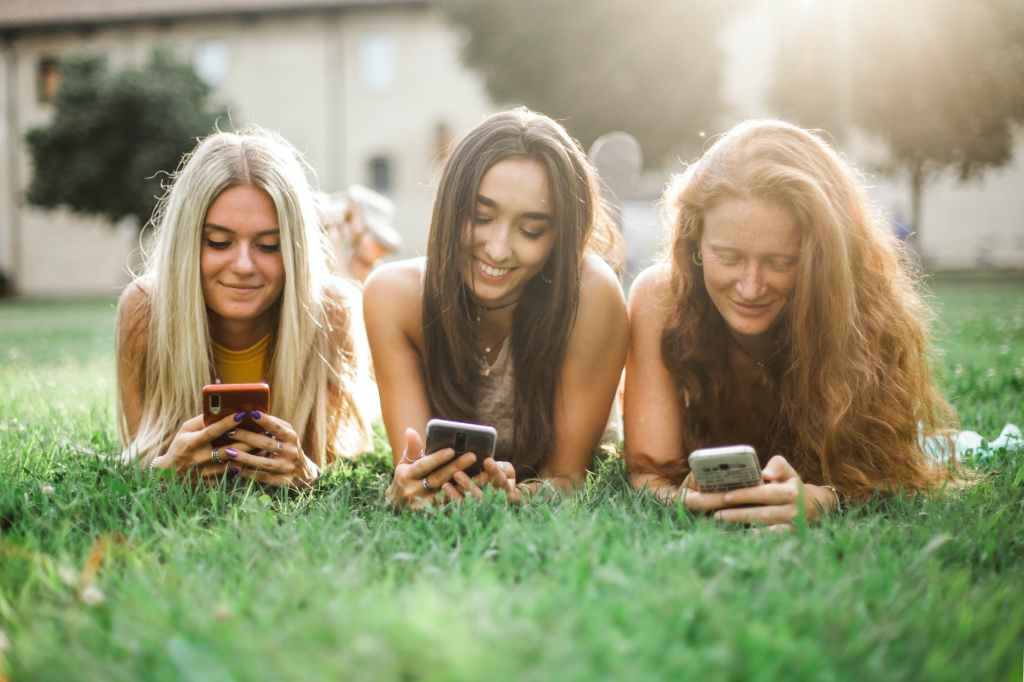Social media is a powerful tool that can connect people across the world, provide information and entertainment, and create communities and networks. However, social media can also have negative impacts on society and communities, such as affecting mental health, spreading misinformation, and disrupting social relationships. In this article, we will explore some of the benefits and drawbacks of social media use, and what psychologists say about its effects on individuals and groups.

Benefits of Social Media Use
One of the main benefits of social media use is that it can enhance social well-being and positive mental health. According to a study by Mesfin Awoke Bekalu and colleagues from Harvard T.H. Chan School of Public Health, routine social media use, such as responding to content that others share and maintaining interpersonal relationships via technology, is positively associated with social well-being, positive mental health, and self-rated health⁶. The researchers suggest that social media use can compensate for diminishing face-to-face social interactions in people’s busy lives, and provide platforms for self-expression, social support, and sense of belonging⁶.
Another benefit of social media use is that it can facilitate learning and accessing health-related information. Social media can be used as a source of education, awareness, and empowerment for various topics, such as health promotion, disease prevention, and social justice. For example, social media campaigns can help raise funds and awareness for causes such as breast cancer, HIV/AIDS, and climate change. Social media can also provide access to reliable and timely health information, such as updates on the COVID-19 pandemic, vaccination, and mental health resources.
Positive Influences:
Global Connectivity:
Social media has transformed the world into a global village, enabling individuals to connect with others worldwide. Communities are no longer confined by geographical boundaries, fostering a sense of global unity and shared experiences.
Information Dissemination:
Social media serves as a powerful tool for disseminating information rapidly. Communities can stay informed about local and global events, share news, and raise awareness about important issues, fostering a more informed and engaged citizenry.
Community Building:
Platforms like Facebook, Twitter, and Instagram provide spaces for like-minded individuals to come together and form virtual communities. These communities often share common interests, hobbies, or goals, allowing individuals to connect and collaborate in ways that were previously challenging.
Drawbacks of Social Media Use
One of the main drawbacks of social media use is that it can negatively affect mental health and well-being. According to a study by Ethan Kross and colleagues from the University of Michigan, the more people used Facebook, the worse they felt. The researchers found that Facebook use led to declines in subjective well-being, both in terms of how people felt moment-to-moment and how satisfied they were with their lives. The researchers suggest that Facebook use may trigger negative social comparison, envy, and dissatisfaction with one’s own life.
Another drawback of social media use is that it can contribute to the spread of misinformation and fake news. Social media can be used as a platform for propaganda, manipulation, and deception, especially during times of crisis, conflict, and uncertainty. For example, social media can be used to disseminate false or misleading information about political events, public figures, or health issues, such as the 2016 U.S. presidential election, the 2020 U.S. Capitol riot, or the COVID-19 pandemic. Social media can also amplify the echo chamber effect, where people only consume and share information that confirms their existing beliefs and biases, and ignore or reject information that challenges them.
Negative Influences:
Filter Bubbles and Echo Chambers:
One of the downsides of social media is the creation of filter bubbles and echo chambers, where individuals are exposed primarily to information that aligns with their existing beliefs. This can lead to polarization and the reinforcement of pre-existing biases, hindering open dialogue within communities.
Cyberbullying and Negative Influences:
The anonymity provided by social media platforms can lead to cyberbullying and the spread of negativity. Communities may face challenges in maintaining a positive environment, as online interactions sometimes devolve into harassment or the dissemination of harmful content.
Impact on Mental Health:
Continuous exposure to carefully curated, idealized versions of others’ lives on social media can contribute to feelings of inadequacy and low self-esteem. The pressure to conform to societal
What Psychologists Say
Psychologists have different perspectives on the effects of social media use on society and communities, depending on the factors they consider, such as the type, frequency, intensity, and purpose of social media use, and the individual and contextual characteristics of the users. Some psychologists emphasize the positive aspects of social media use, such as enhancing social connectedness, self-esteem, and well-being. Others highlight the negative aspects of social media use, such as increasing social isolation, depression, and anxiety. Most psychologists agree that social media use is not inherently good or bad, but rather depends on how it is used and for what reasons⁷.
Some psychologists also suggest that social media use can be problematic or addictive for some individuals, especially those who have pre-existing vulnerabilities, such as low self-esteem, social anxiety, or depression. Problematic social media use is characterized by excessive and compulsive use of social media, resulting in negative consequences for one’s personal, social, and professional life. For example, problematic social media use can interfere with one’s sleep, productivity, relationships, and physical health. Problematic social media use can also be associated with psychological distress, such as loneliness, stress, and suicidal ideation⁸.
Conclusion
Social media is a double-edged sword that can have both positive and negative effects on society and communities. Social media can be a source of connection, information, and empowerment, but also a source of comparison, misinformation, and disruption. The impact of social media use depends on various factors, such as the type, frequency, intensity, and purpose of use, and the individual and contextual characteristics of the users. Psychologists have different views on the effects of social media use, but generally agree that it can be beneficial or harmful, depending on how it is used and for what reasons. Therefore, it is important to be mindful and responsible when using social media, and to seek help if social media use becomes problematic or addictive..
Sources:
(1) Social media use can be positive for mental health and well-being. https://www.hsph.harvard.edu/news/features/social-media-positive-mental-health/.
(2) Social media and the internet – American Psychological Association (APA). https://www.apa.org/topics/social-media-internet.
(3) The Psychology of Social Media | Psychology Today. https://www.psychologytoday.com/us/blog/the-first-impression/201611/the-psychology-social-media.
(4) The Rise—and Rise—of Problematic Social Media Use – Psychology Today. https://www.psychologytoday.com/us/blog/in-excess/201901/the-rise-and-rise-problematic-social-media-use.
(5) The Impact of Social Media on Society | The Ad Council. https://www.adcouncil.org/all-articles/social-medias-impact-on-society.
(6) Social media’s growing impact on our lives. https://www.apa.org/members/content/social-media-research.
(7) The Effect of Social Media on Society | Damota | New Media and Mass …. https://www.iiste.org/Journals/index.php/NMMC/article/view/46579.
(8) Just How Harmful Is Social Media? Our Experts Weigh-In.. https://www.publichealth.columbia.edu/news/just-how-harmful-social-media-our-experts-weigh.
(9) The role of social media in community building and development. https://www.theguardian.com/voluntary-sector-network/community-action-blog/2011/dec/08/facebook-social-media-community-development.

